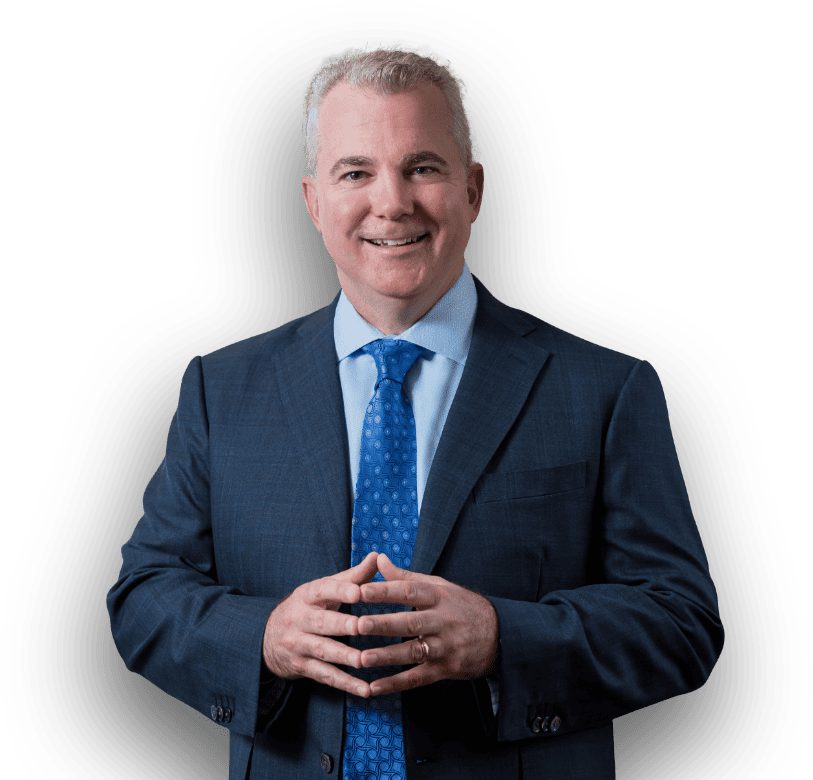Accidents happen. That is what we tell youngsters who are upset about crushing a favorite toy or spilling a drink at the dinner table. We often think “accident” is a neutral word to describe poor luck — but in reality, it’s more nuanced than that.
“Accident” tends to imply that no one is at fault — and when it’s used in the context of a traffic crash, it also can give the impression that what occurred is not that serious.
“When you use the word ‘accident,’ it’s like, ‘God made it happen,’” Mark Rosekind, Ph.D., told the audience at a driver safety conference during his three-year tenure as head of the National Highway Traffic Safety Administration (NHTSA).
There were 36,560 traffic fatalities nationwide in 2018, a 2.4 percent decrease from 37,473 in 2017, according to the NHTSA. There were 6.5 million total traffic crashes in 2017 (the most recent year for which full data is available), resulting in 1.9 million people injured and 4.5 million instances of property damage, in addition to the fatalities.
The severity and preventability of these collisions is why at least 28 state departments of transportation no longer use the term “accident” when referring to a crash or other incident on the roadway, following the NHTSA’s lead, The New York Times reports.
Changing casual usage is another matter, however.
What Is an Accident?
Merriam-Webster defines “accident” as, among other things:
- An unforeseen and unplanned event or circumstance
- Lack of intention or necessity
- An unfortunate event resulting especially from carelessness or ignorance
Even if drivers don’t intend for a crash to happen, a collision isn’t simply a matter of chance about which nothing can be done, according to RoadPeace, a registered charity in London that provides emotional support and advocates for traffic crash victims. The term “accident” also speaks to society’s tolerance of danger on the roadways, the group says.
Statistics show that by and large, drivers are responsible for the “critical reasons” behind traffic crashes. Inattention, speeding, overcompensation, falling asleep, and other errors in decision-making or performance behind the wheel accounted for 94 percent of the “last failure in the causal chain of events leading up to the crash,” according to an NHTSA study. Vehicle problems, such as issues with the tires, brakes, steering, suspension, or transmission, and environmental conditions, including slick roads, glare, and weather conditions, each accounted for about 2 percent of these “critical reasons.”
History of Using the Word ‘Accident’
The term “accident” was introduced into the manufacturing industry in the early 1900s, when companies sought to excuse themselves from responsibility for workers hurt on the job, Peter Norton, a historian and associate professor at the University of Virginia’s Department of Engineering, told The New York Times.
When traffic deaths rose in the 1920s, automakers and insurers deliberately began using the word “accident” to shift blame away from motor vehicles and onto drivers, Norton said.
Nowadays, calling a fender-bender, head-on collision, hit-and-run, pile-up, rollover, or other vehicle crash an “accident” is common in conversation, even though traffic reports and news reports tend to use neutral terms such as “crash,” “collision,” and “wreck.”
Automobile insurance companies even offer “accident forgiveness,” a feature that saves customers from higher premiums by not including one “at-fault accident” in the company’s rating system. But the term “at-fault accident” is contradictory at best.
Why Shouldn’t We Call It an Accident Anymore?
Changing the way we talk about traffic crashes can lead to broader change, noted New York City’s traffic safety action plan Vision Zero. “The City of New York must no longer regard traffic crashes as mere ‘accidents,’ but rather as preventable incidents that can be systematically addressed. No level of fatality on City streets is inevitable or acceptable,” the plan’s introduction states.
Words like “crash” are neutral terms that don’t give drivers a presumption of innocence, Amy Cohen, whose son was run over and killed in 2013, told The New York Times. Cohen founded the educational campaign Crash Not Accident, whose website notes:
“Planes don’t have accidents. They crash. Cranes don’t have accidents. They collapse. And as a society, we expect answers and solutions. Traffic crashes are fixable problems, caused by dangerous streets and unsafe drivers. They are not accidents.”
Researchers have found psychological benefits to using words such as “crash” instead of “accident” as well. In a 2002 paper in the Journal of Traumatic Stress, researchers noted that portraying an incident as blameless prevented victims from working through the emotions related to their trauma.
So Is It a Wreck, Collision, or Crash?
Traffic safety advocates would say that any of those terms are neutral ones, even if organizational use varies. The U.S. Census Bureau, for instance, refers statistically in reports to “motor vehicle accidents” (and “airline accidents,” for that matter).
The Canadian Council of Motor Transport Administrators refers to “collisions” and “motor vehicle traffic collision statistics” in its documents.
Meanwhile, the World Health Organization uses the term “road traffic crashes” and states that “road traffic injuries are among the leading causes of death and life-long disability globally,” with about 1.24 million people dying annually on the world’s roadways.
What it comes down to is this: No matter what word is used to describe a crash on the road, the results are the same. People are injured. Families lose loved ones. And expenses pile up as victims struggle to recover.
Get the Help You Need After a Crash
The Florida personal injury attorneys at Holliday Karatinos Law Firm have more than 50 years of collective experience helping injured people in Florida, and we are committed to fighting for those who have been hurt in car crashes.
With law offices throughout Hillsborough County, Hernando County, Citrus County, and Pasco County, we are able to meet with crash victims wherever it is most convenient. Please call us or contact us online to set up a free consultation with a member of our attentive staff. We are here to assist you.









